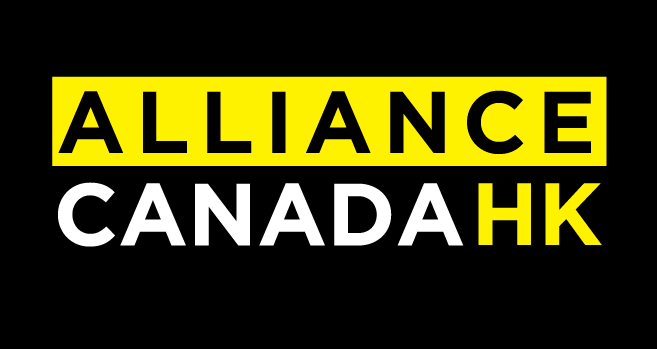Ottawa, ON (May 31, 2021) — Alliance Canada Hong Kong’s Executive Director Cherie Wong is set to testify at the Special Committee on Canada-China Relations tonight at 7:30pm Eastern / 4:30pm Pacific.
Below is the transcript of Cherie’s introductory remarks:
Thank you for inviting me again to speak to the committee.
Before I start, I want to make clear that diasporic communities are not a monolithic group. With heightened geopolitical tensions, we need to prioritize the protection of the diaspora and dissident communities from the Chinese Communist Party’s surveillance and intimidation, and be critical while not fanning xenophobia.
I was asked to speak about harassment and intimidation today, but what I’m about to tell you might not be what you’re expecting.
Dissidents are not safe. Not at work, not in their own homes, not in civil societies, and not in Canada.
Threats, censorship and intimidation will continue as long as companies, non-profits, academia, politicians, media and other institutions with vested interests are fearful of angering Beijing to do their bidding. Beijing is effectively exporting their authoritarianism overseas.
From previous meetings, witnesses from Canada’s intelligence and enforcement agencies assured the committee of their collective efforts in combating foreign interference. With my lived experiences, I can tell you existing institutions and legislations are not working. Beijing’s foreign influence cannot be addressed with blanket policies as the CCP operates across sectors and often within legal grey areas, making bans or criminalization largely ineffective.
Last time, I spoke about Beijing’s global expansionist authoritarianism, their blatant disregard for international rules based order, their influence and interference operations in Canada — including my own experience of surveillance and harassment. Beijing’s capacities, capabilities, and ambitions already pose a dangerous threat, but few countries fully see the CCP’s global strategy of influence.
The CCP has been testing the tolerance of liberal democracies with their authoritarian overreach, as international norms are actively being rewritten.
Current approach to China lacks the comprehensive view from diasporic communities that speak the language, understand its history, cultures and intentions. Activists have witnessed these influence efforts since the 90s – this is not new, but only newly realized.
In ACHK’s most recent report and recommendations, we covered surface level examinations of seven aspects of the CCP’s foreign interference currently observed in Canada:
- Political influence
- Elite capture
- Surveillance and intimidation
- Information and narrative discursion warfare
- Academic Influence & Vulnerability of Intellectual Property
- National security
- United Front Work Department
We found similar tactics, strategies, and operations throughout the different sectors.
We need a whole-of-government approach in how Canada engages with foreign authoritarian powers, like China. We need to invest in the proper tools, infrastructures, and resources to protect Canadians and our national interests.
Canada has an important role to play on the international stage as multilateral actions are an effective way to confront Beijing collaboratively. But it is imperative to expand our foreign and domestic policy toolbox to meet challenges we are facing in the 21st Century.
Our recommendations are as follows:
-
Create legislation for a foreign influence transparency scheme, a public registry of individuals, organizations, and representatives who are acting on behalf of foreign states in Canada
- Transparency scheme should be paired with a public commission with investigative and enforcement powers, serving as the centralized point to coordinate the different levels of government, Canadian institutions, public agencies, and the general public
- Support Canadian research & intellectual property with a cohesive federal policy to regulate research collaborations with foreign actors, while increasing funding for Canadian innovations
- Invest into Resources and Infrastructures for Ethnic Communities in Canada
- Protecting Canadians by placing restrictions on foreign actors from the collection, purchase, or export of Canadian citizen’s personal information and data
Harassment and intimidation of Canadians need to be understood from the perspective of dissidents. We need an approach to foreign influence that centers the communities’ needs, while addressing the issues holistically and strategically.
Thank you again for having me. I am happy to answer your questions.
